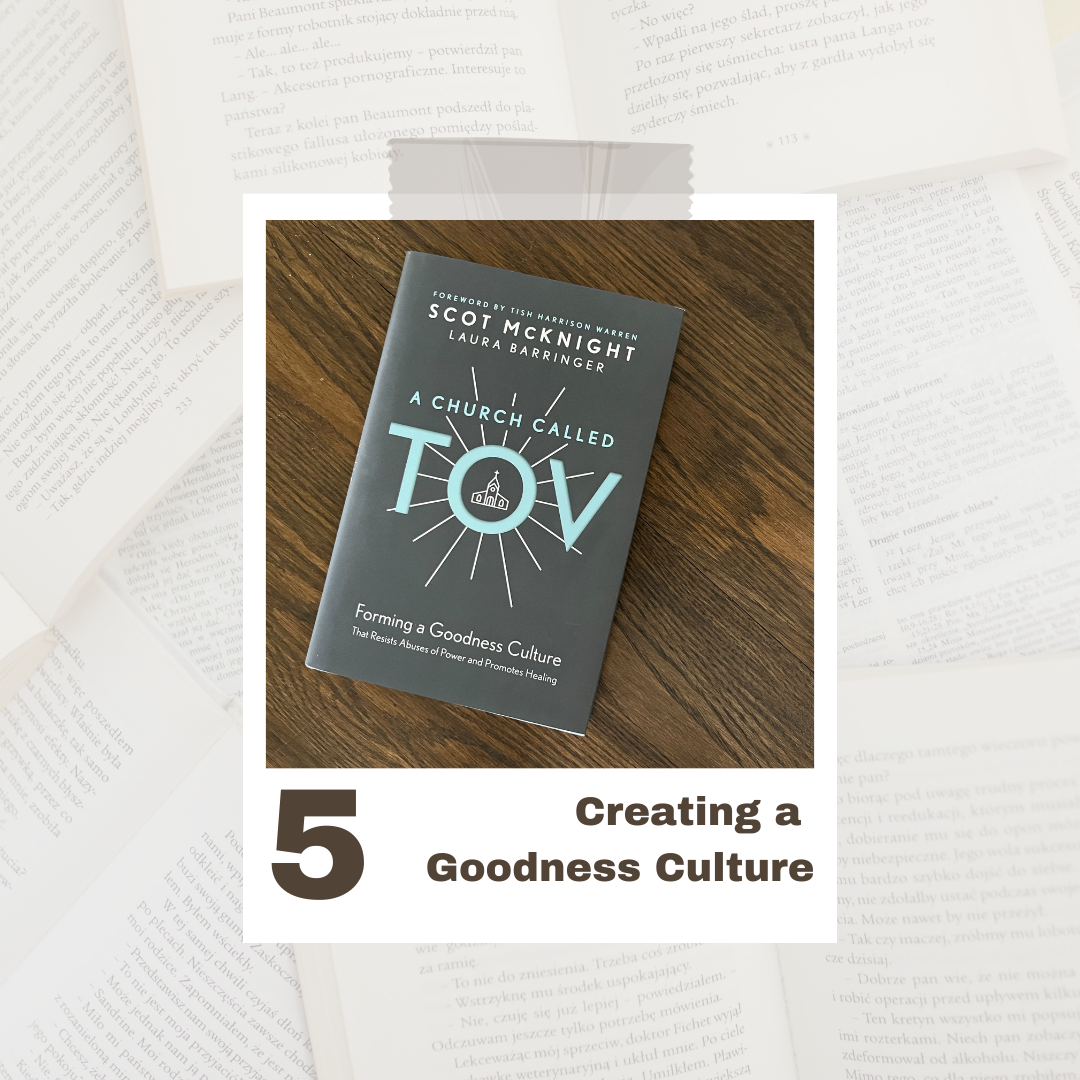
“When the voices of women become customary, common, expected, and accepted, the church becomes more inviting, more inclusive, more empathetic, more compassionate, safer and more secure – for everyone.” (111)
These are Laura and Scot’s closing words to Chapter 6, Tov Churches Nurture Empathy. It is interesting to me that they have chosen the place and role of women in our churches as the focus of this chapter on empathy. Of course, empathy is worked out in a myriad of ways beyond gender roles. However, it’s likely they chose this track because this may be the most glaring area in which empathy is lacking among the church of Jesus. I can’t disagree.
I recently sat in a room where a female leader in one of our churches tearfully thanked her Lead Pastor, a male, for empowering her, rather than relegating her voice to what she described as “the back bench”. It was clear that there was hurt in her story related to this. I’m grateful for this moment where I was invited to empathy.
I have never ever been asked to stand at the back with my perspectives or gifting. As a young man, I was given every opportunity to speak up and lead. I was cheered on at every step of the leadership journey. It is a much more uncertain journey for most of the women among us. I sometimes wonder how it feels for women in our churches who are doctors, teachers or managers using the full array of their gifting in the workforce, to then be relegated to second-class status in our churches. May we empathize and respond by honouring and elevating women alongside men.
For what it’s worth, while I believe women ought to be fully empowered for all levels of leadership in the church, I also believe that this chapter is equally applicable within a complementarian framework. A church can be complementarian in gender roles while also honouring and empowering women in significant ways. I’ve seen this. However, I say this, even as I long for all churches to embrace the full empowerment of women, including as elders and pastors.
I believe that as we focus on growing in empathy in this realm, we will become more empathetic in additional areas, considering those of various races, sexual orientations, socio-economic status, etc.
In summary, I share two final thoughts from Chapter 6.
“Any church that claims connection to Jesus, and any church that wants to follow Jesus, absolutely must have a heart for the wounded and the marginalized.” (103)
“Circle of Tov churches will develop an empathy radar with an instinctive bias toward acts of grace, peace, mercy, and goodness for everyone.” (104)
Across ONMB, may we be a people who demonstrate the tov of God through empathetic cultures in our churches. May we seek to feel what others feel that we might respond with goodness.
Additional Notes:
- For a study into the hermeneutic principles that reveal the biblical call for the full empowerment of women, I highly recommend Scot McKnight’s Blue Parakeet: Rethinking How You Read the Bible.
- For a glimpse into the journey of one of our female pastors, please read Karen West’s story in the MB Herald. Beauty from Ashes: The Making of a Leader





